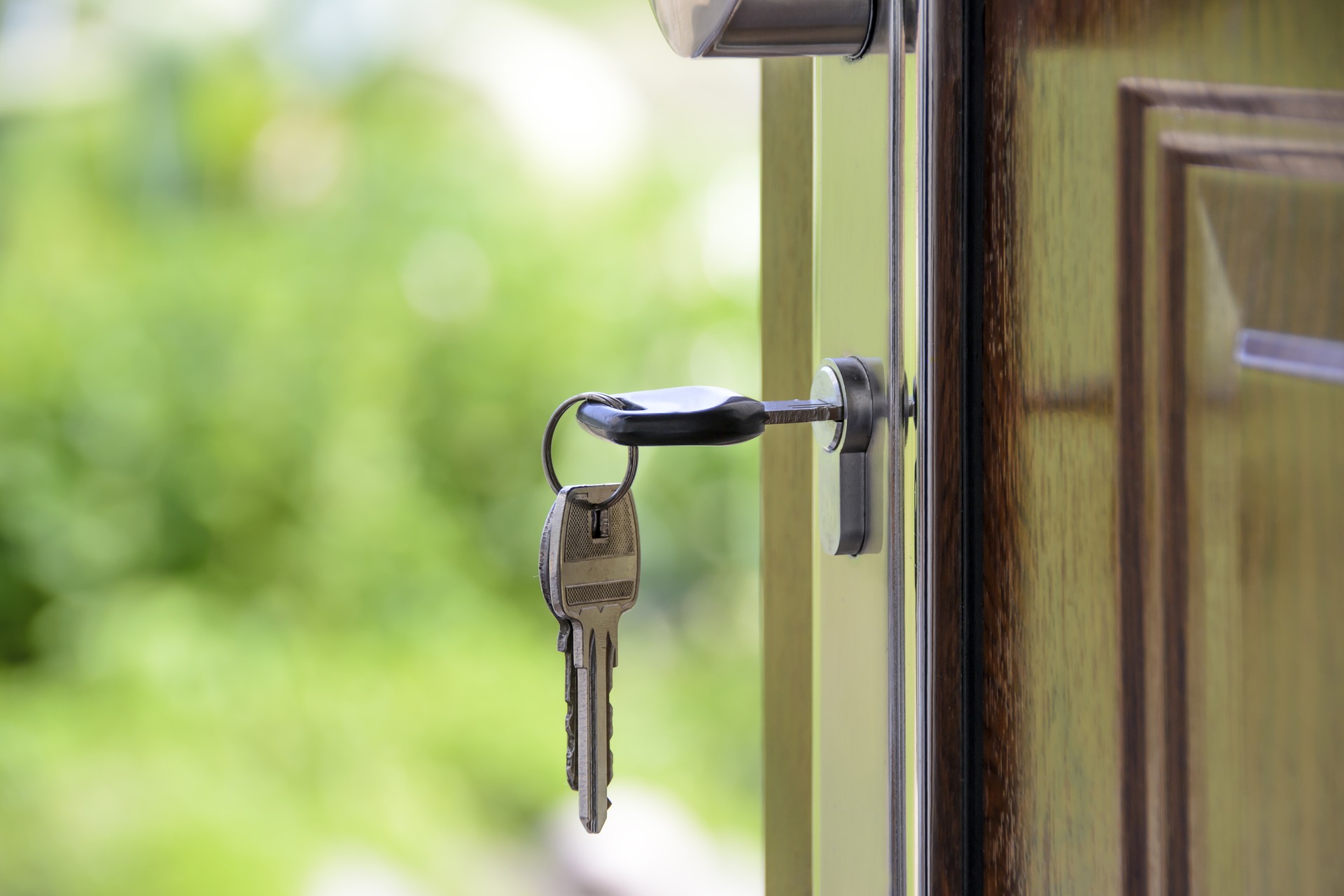Investing in your first property is a dream come true for many people. Having your own house or apartment is synonymous with quality of life, well-being, and security, besides other benefits exclusive only to those who don’t pay rent, such as better administration of their own money, generating new savings and saving expenses.
It is common to have difficulties dealing with the real estate market, especially if it is your first time investing. The various details, especially the bureaucracy of the investment world, can be intimidating and complicated to understand, but know that with a good preparation, it is not so difficult to deal with.
To help you in this process, VRV prepared this post with 5 great tips for those who want or are already trying to invest in their first property. Check out our guidelines for a good real estate investment below and guarantee the success of your business!
1) Good planning is the basis for success
Planning all the details of your process of buying a house or apartment is fundamental to avoid mistakes and headaches in the future and to be sure that, of all the options, the one you are choosing is the best for your reality.
A good analysis of your budget will give you a complete picture of your investment capacity. In this process, observe your financial limits, whether your savings can support the purchase of a home in cash or whether it is a sufficient amount to make a down payment, for example.
One option to include in your planning are financing programs. Do a thorough research about the institutions that offer mortgages and prioritize the options with the best standards and conditions. Construction companies offer financing plans, in many cases with more flexible conditions compared to banks or consortiums.
Finally, remember to keep setting aside a portion of your savings to ensure your family’s well-being and the health of your investment in case of unforeseen circumstances.
2) Define the characteristics you want for your property
The second tip involves your particular tastes and the purpose you want for the property that will be acquired. Here, clarity and objectivity will be necessary, as it will help you define the ideal house or apartment.
List all your expectations related to the residence, such as: will the new house be for you and your family, or for renting in order to generate more income in the future? How many bedrooms does the house need to have? In which region of the city are you looking to invest? Can the property be used or is your priority new projects? Do you need a garage? How many parking spaces? Do you need a garden or any other outside environment? Among several other questions to be answered.
There are several points to be considered, however, caution is never too much. All this information will be very useful when doing market research and checking the condition of the apartment or house during inspections accompanied by sellers.
3) Research the real estate market
Even if you have little experience with the real estate market, the search for the perfect house will not be difficult, mainly if you did the previous tip correctly and now have, in the smallest details, a good idea of what you are looking for and how much you want/can pay or give as a down payment.
Talk to the realtors’ employees, they are usually the best ones to give you all the details about a house; search for builders in the city and region that have projects in progress or already finished, because, despite the development status, it may still be possible to buy a unit; and visit several properties, used houses or apartments and land for sale, for example, before deciding.
Compare prices of available homes and those under construction, and take special care in the analysis of each proposal and option you have in mind, always looking for signs of pathologies or carelessness with the structure, such as stains, cracks, flaws in the electrical network, among others.
A good research increases your chances of finding the place of your dreams and for a fair price.
4) Pay close attention to bureaucratic processes
It is impossible to avoid bureaucratic processes, they are everywhere, and dealing with them directly is the best way to ensure the security of your transaction.
Study how all the processes that involve the purchase or down payment work, what documents are needed to acquire a property, and what property documents need to be up to date for you to take full possession of it. A good idea is to talk to friends and family who have already had similar experiences in acquiring houses or apartments and understand what were the facilities and difficulties they had, this way you can avoid some headaches.
When choosing a company, construction company or real estate office, try to choose the most reliable option to invest in, those with a great history of operations and with a good reputation in the market and among their clients.
Read the purchase contract carefully and check documents such as the Registration Certificate and the Real Property Tax Certificate (in the case of used properties) to ensure that there are no pending legal issues that can create complications in the investment. And don’t be afraid to ask for help from a professional in the area, all his knowledge can come in handy more than you can imagine.
5) Take your time and don’t try to facilitate the processes
A property is a durable good that, if preserved, can be passed on to the next generations of your family as an inheritance. Therefore, don’t be in a hurry so that you don’t make any mistakes later on and generate more financial expenses than necessary.
The first investment is exciting, generates nervousness and anxiety, but, anyway, don’t let these feelings take over your head and condemn the way decisions will be made. Emotional and rational intelligence are also important. Don’t be impulsive and don’t let salespeople or brokers pressure you into making a hasty choice, often one that you didn’t even want to make.
Delay is not a problem when it is for your own good. And never forget to consider variables in the near future, for example, the possibility of the family growing, acquiring new furniture for the rooms, changing the decoration of the garden, or buying another car.
With these tips, you can plan your first investment in your dream property in a safe, practical, and efficient way.
For more information like this, visit the VRV blog right now!




